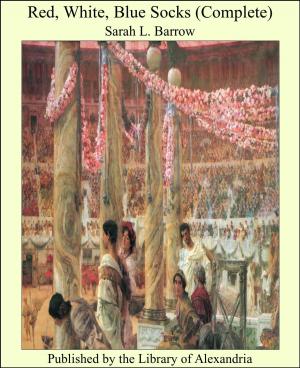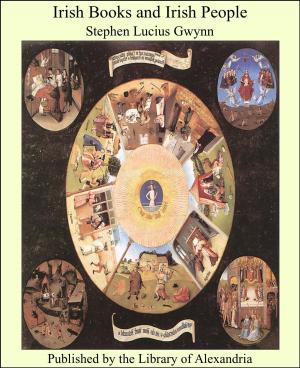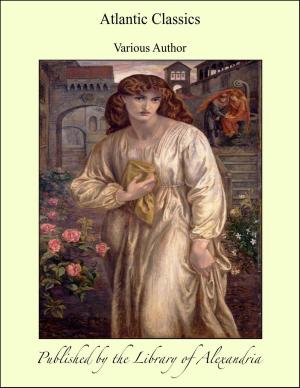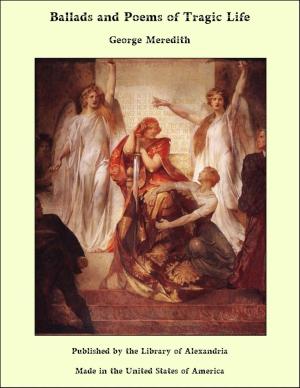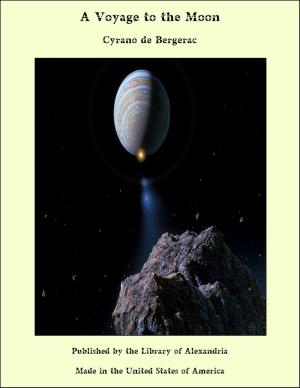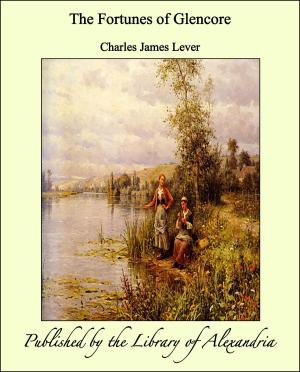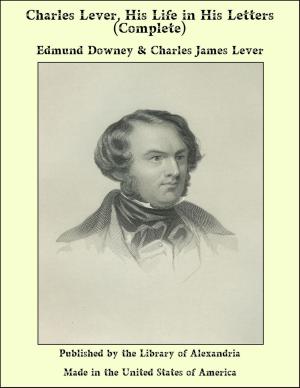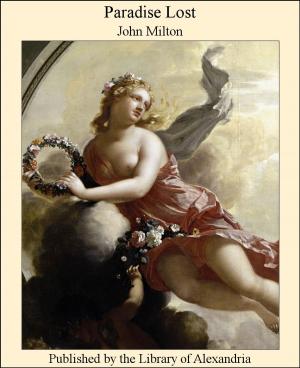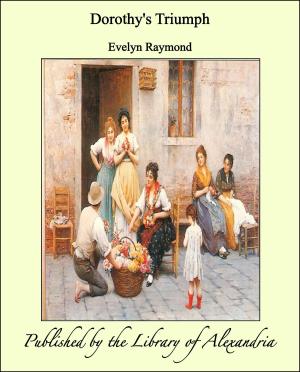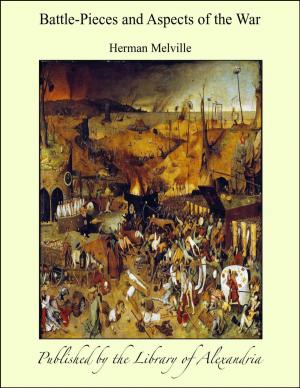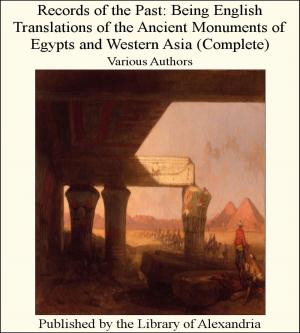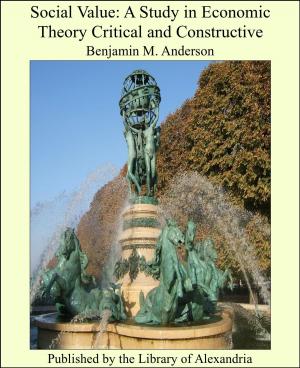Australia, its History and Present Condition Containing an Account both of the Bush and of the Colonies with their Respective Inhabitants
Nonfiction, Religion & Spirituality, New Age, History, Fiction & Literature| Author: | William Pridden | ISBN: | 9781465574572 |
| Publisher: | Library of Alexandria | Publication: | March 8, 2015 |
| Imprint: | Language: | English |
| Author: | William Pridden |
| ISBN: | 9781465574572 |
| Publisher: | Library of Alexandria |
| Publication: | March 8, 2015 |
| Imprint: | |
| Language: | English |
A few words by way of Preface are requisite, in order that the objects of the present Work may be stated to the reader, and that he may also be made acquainted with the sources whence the information here communicated is derived, and from consulting which he may still further inform himself concerning Australia. The aim of the writer of the following pages has been,—while furnishing a description of some of the most flourishing and interesting settlements belonging to the British Crown, which, at the same time, exhibit in contrast to each other the two extremes of savage and civilised life;—to call the attention of his countrymen, both at home and in the colonies, to the evils which have arisen from the absence of moral restraint and religious instruction in colonies of civilised and (nominally) christian men. And although it must in many ways be a disadvantage that the person professing to describe a particular country should have gained all his knowledge of it from the report of others, without ever having himself set foot upon its shores; yet, in one respect at least, this may operate advantageously. He is less likely to have party prejudices or private interests to serve in his account of the land to which he is a total stranger. In consequence, probably, of his being an indifferent and impartial observer, not one of our Australian colonies wears in his eye the appearance of a perfect paradise; but then, on the other hand, there is not one of those fine settlements which prejudice urges him to condemn, as though it were barren and dreary as the Great Sahara itself. And the same circumstance—his never having breathed the close unwholesome air of colonial party-politics—will render it less likely that his judgment respecting persons and disputed opinions should be unduly biassed. There will be more probability of his judging upon right principles, and although his facts may (in some instances, unavoidably) be less minutely accurate than an inhabitant of the country would have given, yet they may be less coloured and less partially stated. Instead of giving his own observations as an eye-witness, fraught with his own particular views, he can calmly weigh the opposite statements of men of different opinions, and between the two he is more likely to arrive at the truth. With regard to the present Work, however impartial the author has endeavoured to be, however free he may be from colonial passions and interests, he does not wish to deceive the reader by professing a total freedom from all prejudice. If this were desirable, it is impossible; it is a qualification which no writer, or reader either, possesses. But thus much may be stated, that all his prejudices are in favour of those institutions with which it has pleased God to bless his native land. In a volume that is intended to form part of a series called “The Englishman’s Library,” it may be permitted, surely, to acknowledge a strong and influencing attachment to the Sovereign, the Church, and the Constitution of England.
A few words by way of Preface are requisite, in order that the objects of the present Work may be stated to the reader, and that he may also be made acquainted with the sources whence the information here communicated is derived, and from consulting which he may still further inform himself concerning Australia. The aim of the writer of the following pages has been,—while furnishing a description of some of the most flourishing and interesting settlements belonging to the British Crown, which, at the same time, exhibit in contrast to each other the two extremes of savage and civilised life;—to call the attention of his countrymen, both at home and in the colonies, to the evils which have arisen from the absence of moral restraint and religious instruction in colonies of civilised and (nominally) christian men. And although it must in many ways be a disadvantage that the person professing to describe a particular country should have gained all his knowledge of it from the report of others, without ever having himself set foot upon its shores; yet, in one respect at least, this may operate advantageously. He is less likely to have party prejudices or private interests to serve in his account of the land to which he is a total stranger. In consequence, probably, of his being an indifferent and impartial observer, not one of our Australian colonies wears in his eye the appearance of a perfect paradise; but then, on the other hand, there is not one of those fine settlements which prejudice urges him to condemn, as though it were barren and dreary as the Great Sahara itself. And the same circumstance—his never having breathed the close unwholesome air of colonial party-politics—will render it less likely that his judgment respecting persons and disputed opinions should be unduly biassed. There will be more probability of his judging upon right principles, and although his facts may (in some instances, unavoidably) be less minutely accurate than an inhabitant of the country would have given, yet they may be less coloured and less partially stated. Instead of giving his own observations as an eye-witness, fraught with his own particular views, he can calmly weigh the opposite statements of men of different opinions, and between the two he is more likely to arrive at the truth. With regard to the present Work, however impartial the author has endeavoured to be, however free he may be from colonial passions and interests, he does not wish to deceive the reader by professing a total freedom from all prejudice. If this were desirable, it is impossible; it is a qualification which no writer, or reader either, possesses. But thus much may be stated, that all his prejudices are in favour of those institutions with which it has pleased God to bless his native land. In a volume that is intended to form part of a series called “The Englishman’s Library,” it may be permitted, surely, to acknowledge a strong and influencing attachment to the Sovereign, the Church, and the Constitution of England.

